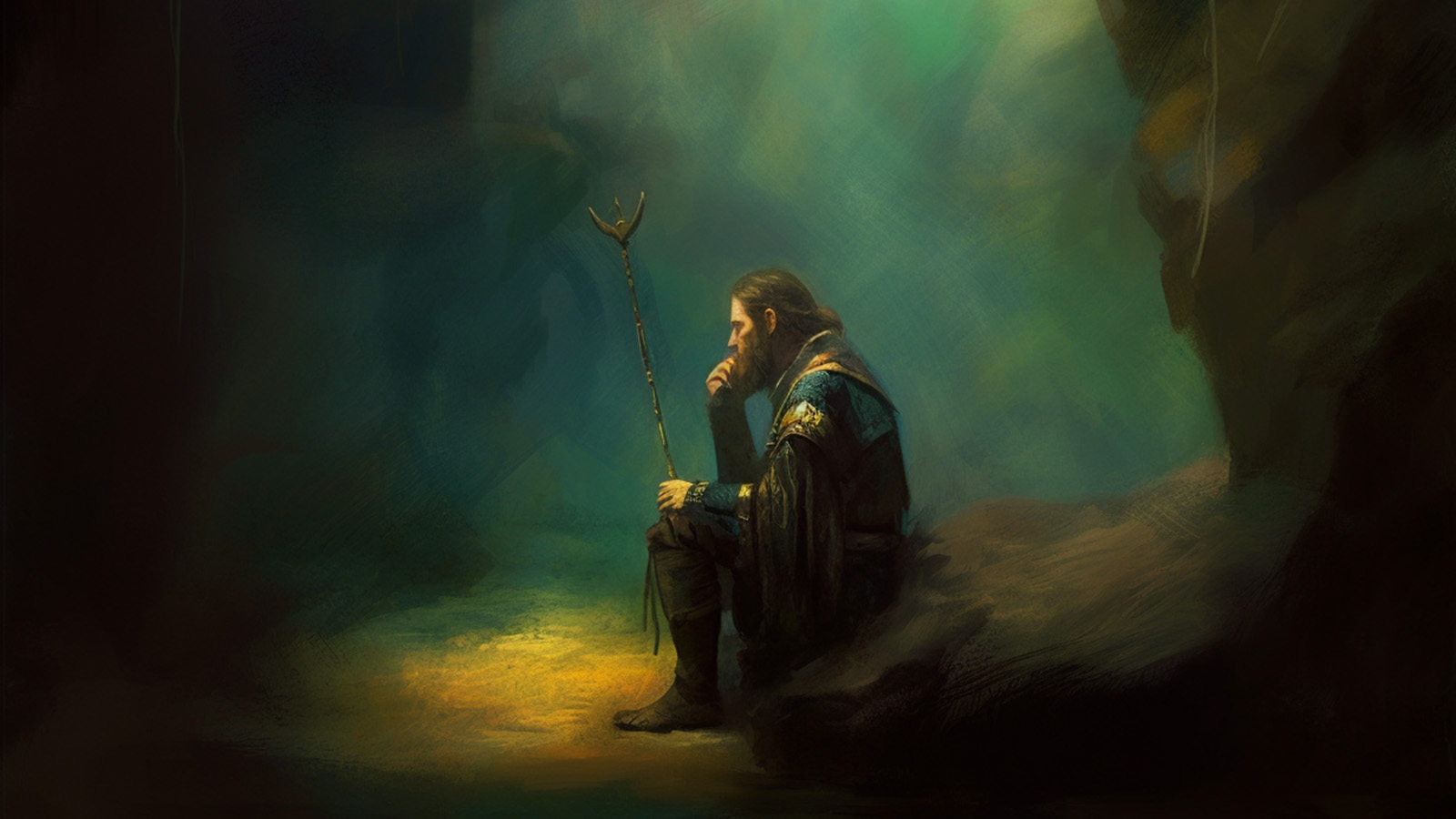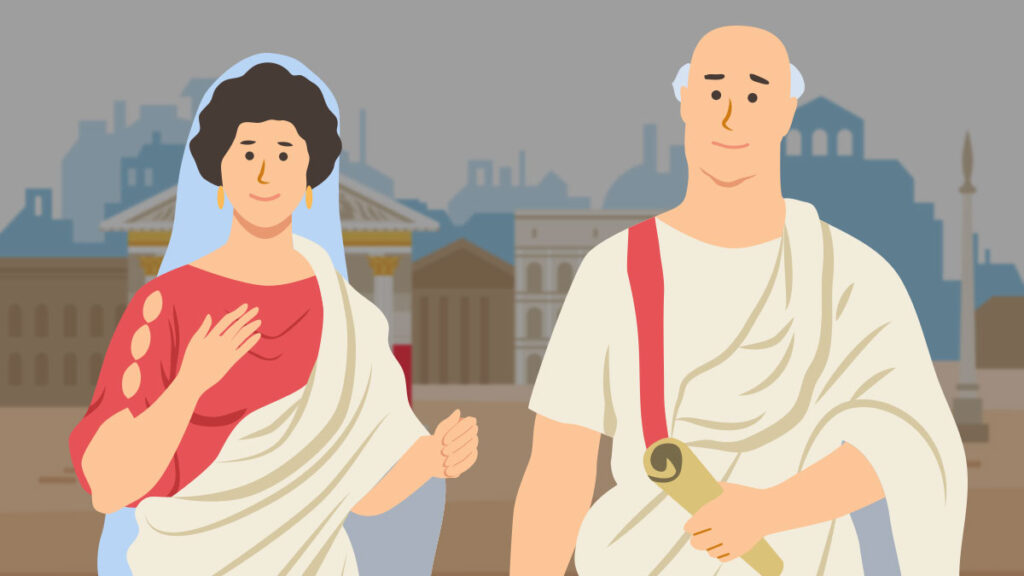Caves are fascinating hidden worlds that have been the subject of imagination and speculation, from rock paintings to Jules Verne’s Journey to the Centre of the Earth. Many of us have probably visited well lit, beautiful caves with stalactites and mites crisscrossing the space like the pipes of an organ in a grand old cathedral. Yet most caves are dirty, dark and mysterious places that narrow to compress the air in your lungs making you feel trapped.
Recently, the news reported that a Spanish woman by the name of Beatriz Flamini spent 500 days underground just outside of Granada. Described as an “elite mountaineer”, she had been residing in an underground cavern by choice. She wasn’t trapped. She wasn’t using the cave as a retreat. In fact, when they came to get her after the agreed upon time elapsed, she said she wasn’t ready to come out as she hadn’t finished her book.
She was about 70 metres below the surface, fed by food lowered down by her support team but with no contact with the outside world. By her request. According to the New York Post, she was unaware of the Ukraine War and the death of Queen Elizabeth II when she emerged from her subterranean seclusion. While cameras monitored her safety and she had a panic button to call for help if required, she never felt the need and seems to have enjoyed the experience.
Time will tell, as a team of experts will now pore over the experiment to understand the effects of living isolated and disoriented underground. Most people underground for any length of time are not there voluntarily. In recent times, trapped miners come to mind.
In the biblical book of Revelation, we see people hiding in caves from Jesus’ triumphant return. The caves are less an image of refuge as they are an attempted escape from the inevitable. Yet many people throughout history have found caves to be a refuge and escape from danger and persecution.
In the Protestant Reformation, the Huguenots and Waldenses hid in caves to pray and worship with freedom. In biblical times, we read how Obadiah hid 100 prophets of the Lord in two caves to protect them from Jezebel’s rampages. David spent a lot of time in caves hiding from King Saul. In fact, in the biblical narrative a cave is often a place of refuge.
The preamble to Psalm 142 tells us that it is a maskil of David when he was in the cave.
He was fleeing for his life and the Psalm is a lament to the Lord.
“I cry aloud to the LORD; I lift up my voice to the LORD for mercy.
I pour out before him my complaint; before him I tell my trouble” (v1,2).
Unlike Ms Flamini, David is not in the cave by choice and he is not enjoying the experience. David knows he’s been called by God, knows he’s destined for great things and yet he’s stuck in a cave. It’s a place of refuge but also a trap. David likens the cave to the land of the dead, suggesting that God is his ”portion in the land of the living”. David cries for rescue.
I don’t know about you, but I’ve felt a little bit like David. Not that anyone was trying to kill me. But unsure of God’s calling, worried about life’s challenges, “my spirit grows faint within me” (v3). At some of those times, all I could do was cry out with David, “Listen to my cry for I am in desperate need; rescue me” (v6).
The prayer poem ends with these words: “Set me free from my prison, that I may praise your name. Then the righteous will gather about me because of your goodness to me” (v7).
David counts on the hope he will taste God’s goodness in his future. He doesn’t know in the season of the cave what his future looks like but he trusts and holds on. We know what happens to David. His calling is justified and God rescues him and raises him up.
Yet we don’t always see the hope for our own future from the floor of that cave. Look up. Be encouraged. There is light shining through. God doesn’t forget us, even as we cower in caves.






